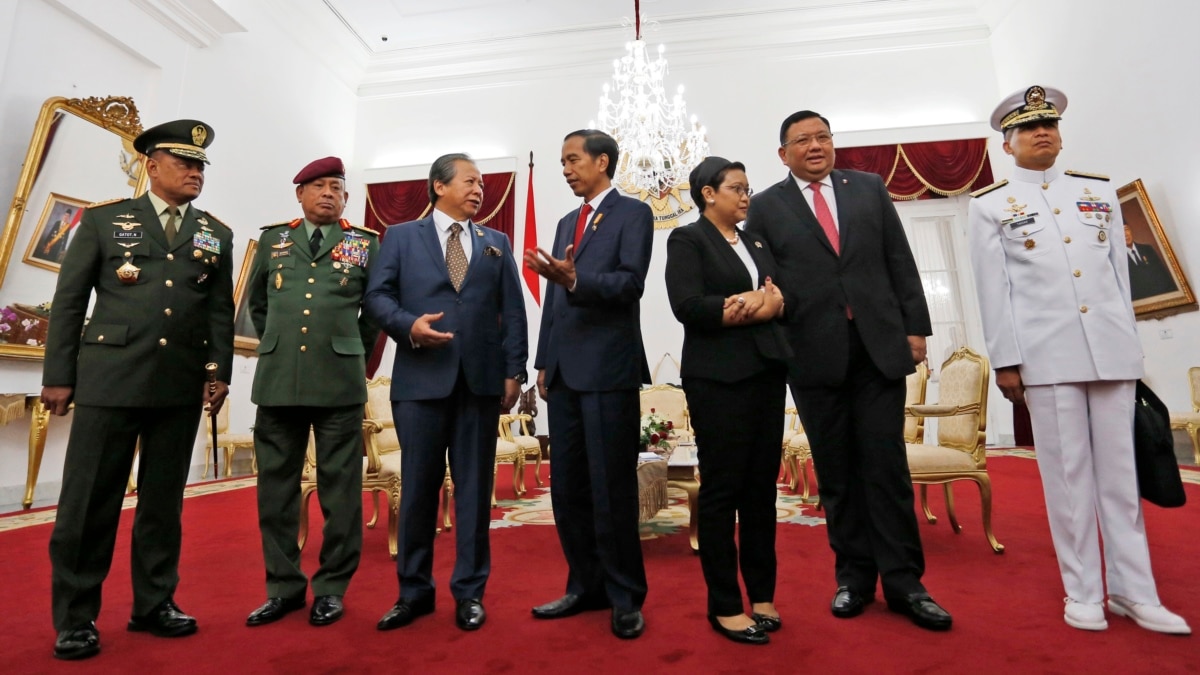Leaders from South Korea, China, and Japan are scheduled to meet in Seoul for a trilateral summit on May 27th, marking a significant step towards thawing regional tensions. This gathering will be the first of its kind since December 2019, following a lengthy hiatus caused by historical disputes and the COVID-19 pandemic.
The upcoming summit holds the potential to reignite cooperation between the three economic powerhouses of East Asia. Areas of potential collaboration include economic ties, which are already substantial – China is the biggest trading partner for both South Korea and Japan. Discussions on regional security are also likely to be on the agenda, particularly regarding North Korea's ongoing nuclear program.
The trilateral dialogue has its roots in 2008, when the nations agreed to hold annual summits to bolster regional cooperation. However, this mechanism stalled in recent years due to historical friction, primarily between South Korea and Japan. These frictions stemmed from disputes related to wartime actions and territorial claims.
South Korea's President Yoon Suk-yeol is expected to hold separate bilateral talks with Chinese Premier Li Qiang and Japanese Prime Minister Fumio Kishida on May 26th, paving the way for the trilateral summit. The discussions are anticipated to focus on ways to strengthen economic partnerships, enhance communication on security issues, and explore avenues for resolving historical disputes.
While the resumption of the trilateral dialogue is a positive development, analysts caution that challenges remain. The ongoing rivalry between the United States and China casts a long shadow over East Asia, and the three nations may find it difficult to reconcile their differing strategic interests. Additionally, deep-rooted historical animosities, particularly between South Korea and Japan, could continue to impede progress.
Despite these hurdles, the upcoming summit presents a valuable opportunity for the leaders of South Korea, China, and Japan to engage in constructive dialogue and explore areas of common ground. A successful summit could pave the way for a more stable and cooperative East Asia, benefiting the economies and security of all three nations.

